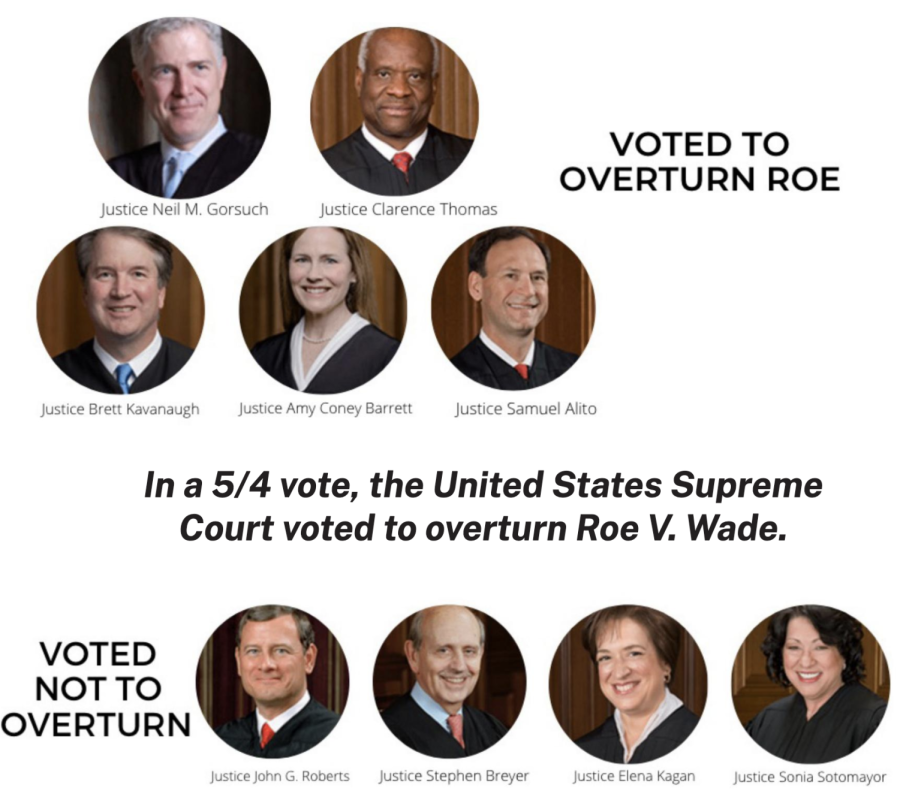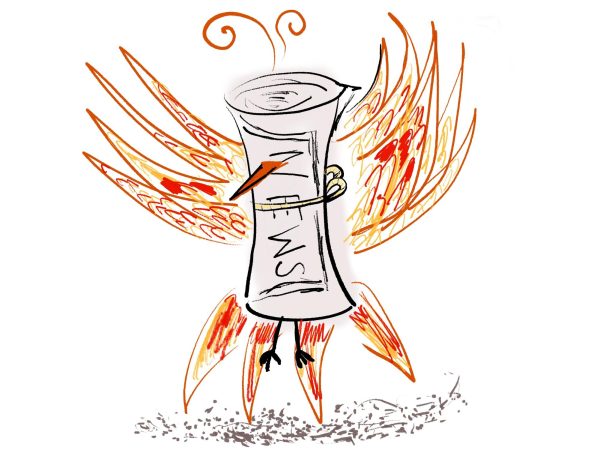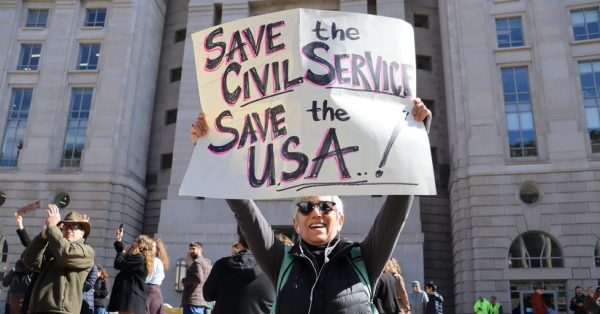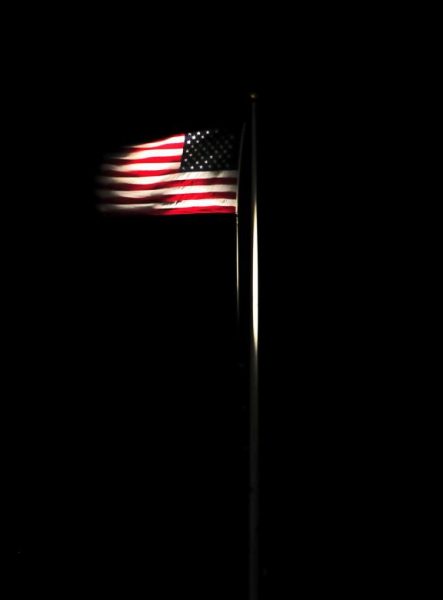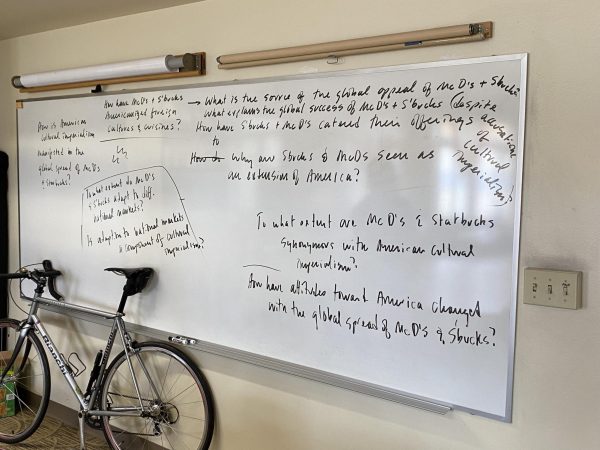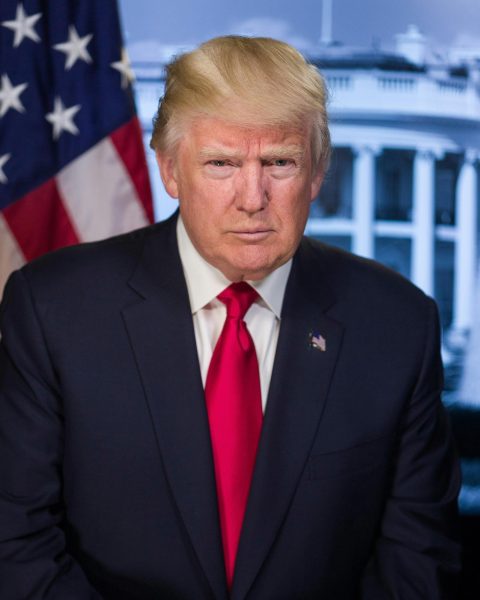Not By the People, nor For the People
The Supreme Court Justices are not voted in by the people, and that’s why the Justices don’t represent the people.
According to PBS, nearly 64% of Americans want the court to uphold the decision to protect abortion rights: so why did the Supreme Court decide otherwise? On June 24, 2022, Roe v. Wade, the Supreme Court’s case legalizing abortion, was officially overturned, reversing nearly 50 years of precedent. The Justices rule without acknowledging what the citizens want, thus they rule based on what they personally believe, and that is one of the many reasons they decide to overturn Roe. v Wade.
But what is Roe v. Wade? And what’s its significance? Roe v. Wade was a historical decision made in 1973. The Supreme Court ruled in favor of Jane Roe, a Texas woman, in a 7-2 ruling. Roe argued that making abortion illegal was unconstitutional because it violated an individual’s right to privacy, a right protected by the fourteenth amendment.
In a country that is built on the values of democracy, such as voting for our representatives, senators, and presidents — the Supreme Court is not elected by the people. A Supreme Court Justice is nominated by the President of the United States, then verified by the House of Representatives and Senate. The Justices are not chosen by the people, nor are they at the risk of losing their job unless they die or leave on their own free will. To be removed from office is a challenging process that requires impeachment by the House of Representatives and then a conviction by the Senate, according to The Boston Globe — making it near impossible to remove a justice from the court.
The Supreme Court is mentioned in Article III of the United States Constitution. Article III indicates that the Supreme Court should only deal with cases pertaining to the constitution. Meaning that they will only hear cases where the interpretation of the Constitution is undecided. The judicial branch is different from the other branches because the Founding Fathers believed the Judge should be nominated by the President and then confirmed by the House and Senate. That would mean that the Justice (though not directly elected) would still be elected by the people because they were confirmed by the people we did vote for.
The Justices equated the overturning of Roe v. Wade to Plessy v. Ferguson: the decision that gave constitutional support for racial segregation — “separate but equal” — based on the 14th amendment’s guarantee of “equal rights.” This ruling was overturned in Brown vs. Board of Education which desegregated schools in May of 1954.
On May 2, 2022, Politico leaked a document written by Supreme Court Justice Samuel Alito, in which he stated that Roe v. Wade should be overturned because [abortion] is not written in the constitution. Alito wrote, in the 96-page document, “We hold that Roe and Casey must be overruled. The constitution makes no reference to abortion” and he continued, “no such right is implicity protected by any consitutional provision including the one on which the defenders of Roe and Casey so chiefly rely.”
Justice Alito, women were not even in the original draft constitution — they weren’t written in until the 1920s. White, straight, cisgender, men who didn’t own land weren’t written in until 1828. Abortion wasn’t even medically practiced until 1970. The refrigerator, car, electricity, polio vaccine, battery, iron stove, chickenpox vaccine, running water, and radios, weren’t invented at the time of the constitution, but we don’t shun the inventions that made our life safer, cleaner, healthier, happier, and more efficient, because as a society advances so does its technology, its people, its medicines, and its needs. Theo Cleary (‘24) who believes that Justices should be held to some sort of limit, added onto this idea by saying, “legislation is meant to change as time goes on.”
In fact, a founding father, third president of the United States, and author of the constitution, Thomas Jefferson, claimed that the document should be rewritten every generation (or 19 years). He wrote in a letter to James Madison “The earth belongs always to the living generation… Every constitution, then, and every law, naturally expires at the end of 19 years. If it is enforced longer, it is an act of force and not of right.” Even according to the author, the Constitution has been null and void since 1809 — it should have been revised, updated, and included a modern perspective!
But that didn’t stop Alito from writing his document reversing precedent, order, and justice. Yet, when Alito was appointed to the court in 1990 he said “Roe vs. Wade is an important precedent of the Supreme Court and the Supreme Court has reaffirmed the decision… and I think when a decision is challenged and it is reaffirmed that strengthens its value”. So why would he say one thing and then reverse strong, important, precedent? The answer is easy — he will never be up for re-election. Since Justices do not have to run or campaign for re-election, they are thought to be insulated from political pressure when deciding cases, according to the Obama White House. In a government that so strongly stands on voting for the people to make decisions for us, wouldn’t it make sense that they also weigh public interest in their rulings? While they aren’t supposed to rule based on public approval, wouldn’t it make sense for them to rule based on what the American people believe in?
Alito (or any of the justices) do not have to win public approval; ideally their rulings should some-what reflect public opinion, but they have no obligations to do so. In theory, the judges would then rule impartially and honor precedent without fear of being thrown out of office. In voting to overturn this historic ruling, the Justices reversed precedent, dishonoring the 250 years of precedent and over 230 cases. They are not politicians who are elected by the people, for the people. They are simply people who served as judges, went to Law School, and were then selected by a President.
The Justices, who rule based on the constitution, have an unlimited reign and never have to justify their ways to the public — thus giving them more power than any branch of our government. Because they do not have to campaign and never face re-election they don’t fear the repercussions of their actions and freely make their own decisions, regardless of public opinion.
In a growing bipartisan government, the overturning of Roe v. Wade won’t bring Americans together. In fact, Americans will, according to the Harvard Kennedy School, continue to not “trust our judicial and political institutions to settle such disputes legitimately” without interfering their ideologically over precedent. By September 2021, only 40% of Americans approved of the Supreme Court, and in a country that is constantly divided on more issues than not, that number is telling. Theo said “unless something is done, they are going to keep doing this.” There is no check to balance these Justices.

This is Leila’s fourth year on the staff and her second as Editor-In-Chief. Leila loves The Tower as much as she loves field hockey, peach Snapple, the...


